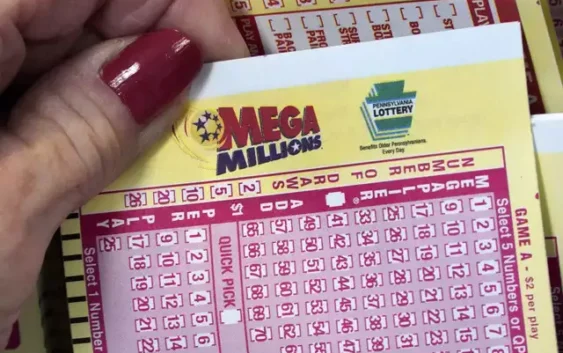- Slot Games: The Timeless Thrill of the Spin
- Slot Games: The Everlasting Allure of Spinning Reels
- The Fascinating World of Slot Games: From Classic Reels to Digital Entertainment
- Slot Games: Spinning into the Future of Entertainment
- Slot Machines: The Captivating Intersection of Luck, Design, and Entertainment
Unlocking the Mystery of Lotteries: A Game of Chance and Hope

Introduction: Lotteries have fascinated people for centuries, offering a tantalizing promise of instant wealth and a life-changing jackpot. From ancient China’s Keno to today’s multimillion-dollar Powerball and Mega Millions, lottery have been a part of human culture for generations. In this article, we’ll dive into the world of lotteries, exploring their history, psychology, and impact on society.
A Brief History of Lotteries
The history of lotteries can be traced back to ancient civilizations. The Chinese were among the first to introduce lotteries around 200 BC to fund major public projects like the Great Wall. Later, in Europe, lotteries were used to finance wars and infrastructure. In the United States, lotteries played a significant role in funding public institutions, including Harvard and Yale universities.
Today’s lotteries, however, differ greatly from their historical counterparts. With massive jackpots and millions of participants, modern lotteries have become a global phenomenon. They’re no longer just a source of revenue for governments but also a form of entertainment and a dream of financial freedom for many.
The Psychology of Lotteries
Lotteries tap into a fascinating aspect of human psychology—the allure of the unknown and the hope for a better future. Psychologists have studied why people play the lottery and found several key motivators:
- Optimism and Hope: The chance to win a life-changing sum of money gives people a sense of hope and optimism. It’s an opportunity to escape financial difficulties and achieve dreams.
- Entertainment Value: For some, playing the lottery is a form of entertainment. The anticipation of the draw and imagining what they would do with the winnings can be thrilling.
- Social Aspect: Lotteries often create a sense of community. Friends, family members, and coworkers frequently pool their money to buy tickets together, fostering a shared sense of excitement.
- Escape from Reality: The daydreams that come with playing the lottery can provide a temporary escape from life’s challenges.
The Dark Side of Lotteries
While lotteries offer a glimmer of hope and excitement, they also have a dark side. Critics argue that they disproportionately target vulnerable populations, such as low-income individuals, who may be more likely to see lotteries as a way out of poverty. This has led to concerns about the ethics of promoting gambling, especially in communities struggling with economic hardship.
Moreover, the odds of winning a lottery jackpot are incredibly slim. The chances of being struck by lightning or attacked by a shark are often higher than hitting the jackpot. This raises questions about whether lotteries are a fair and responsible way for governments to raise revenue.
Impact on Society
Lotteries have both positive and negative impacts on society. On the positive side, they generate significant revenue for governments, which can be used to fund public services, such as education, healthcare, and infrastructure. In some cases, lotteries have helped finance important projects that might not have been possible otherwise.
However, the negative impact of lotteries should not be underestimate. They can perpetuate the cycle of poverty by giving false hope to those who can least afford to play. Additionally, excessive gambling can lead to addiction and financial ruin for some individuals and families.
Conclusion
Lotteries are a complex and multifaceted phenomenon. They offer the promise of financial freedom and excitement while raising important ethical questions about their role in society. As we continue to debate the merits and drawbacks of lotteries, it’s crucial to remember that they are ultimately games of chance, and the odds of winning the jackpot are minimal.
Whether you see lotteries as a harmless pastime, a source of hope, or a problematic form of gambling, they are undeniably a part of our culture. Understanding their history, psychology, and societal impact allows us to have informed discussions about their place in our world and their potential consequences for individuals and communities.
